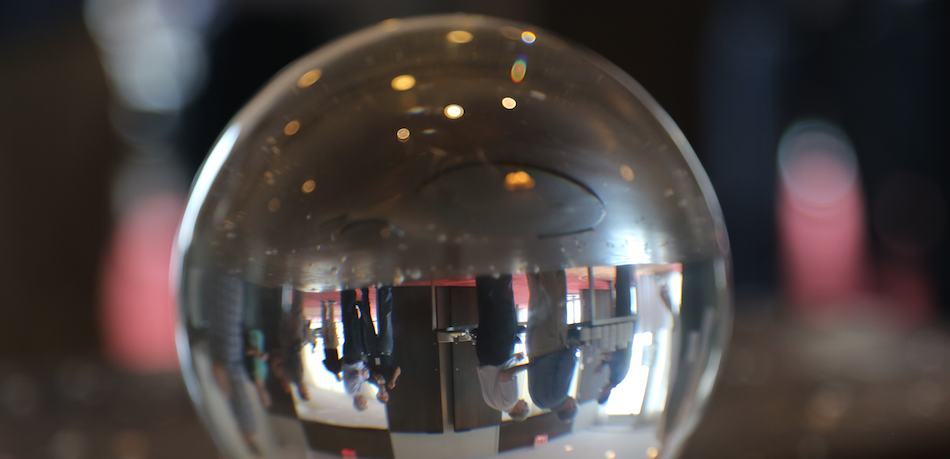
by Helen Hill for MGHPCC
Billed as “a one day exploration of ideas and planning for future computational research at Boston area universities, institutes, hospitals, libraries and companies” the HPC Futures conference, held on June 30th at the Cambridge Hyatt Regency, shone a spotlight on the uniquely rich local high performance computing landscape much of it increasingly enabled by access to MGHPCC resources.
From the quest to observe gravitational waves (Katsavounidis, MIT) and geophysical fluid modeling (Hill, MIT), to medicine and the emerging field of network physiology (Ivanov, Boston University/Brigham and Women’s Hospital/Harvard Medical School) and brain research (David Cox, Harvard University); from research at the intersection of quantum chemistry and quantum dynamics (David Coker, Boston University) to the energetics of biomolecular dynamics (Paul Whitford, Northeastern University) the speakers described fields that are gaining new scientific insights that have been made possible by large scale computing resources.
Other speakers sharing their visions for what the future of local area HPC may hold included James Cuff (retiring) director of Research Computing at Harvard, cybersecurity and privacy expert from Northeastern University John Manferdelli, NVIDIA’s Marc Hamilton, and Stephen Wolfram of Wolfram Research who eloquently shared his vision for the future of computation and knowledge.
During a final discussion led by Saul Youssef (Boston University), a panel, which included Azer Bestavros (Boston University), Chris Dagdigian (Bio Team Inc.), Patrick Dreher (MIT and North Carolina State University), John Goodhue (MGHPCC), Christopher Hill (MIT), Jeremy Kepner (MIT/ Lincoln Labs), Devash Tiwari (Northeastern University), and Scott Yockel (Harvard University) acknowledged the value of the MGHPCC to the community and discussed ways to build on the collaboration it has engendered to foster greater regional HPC knowledge sharing.
Speakers were each given commemorative crystal balls as thanks for their participation. At the end of the day Eric Katsavounidis cut a celebratory cake decorated with a pair of colliding black holes. Katsavoundis was an author on the 2016 paper Observation of Gravitational Waves from a Binary Black Hole Merger Phys. Rev. Lett. 116, 061102 (2016).
All images credit: R. Zottola. For more pictures from this event, visit the MGHPCC flickr page.